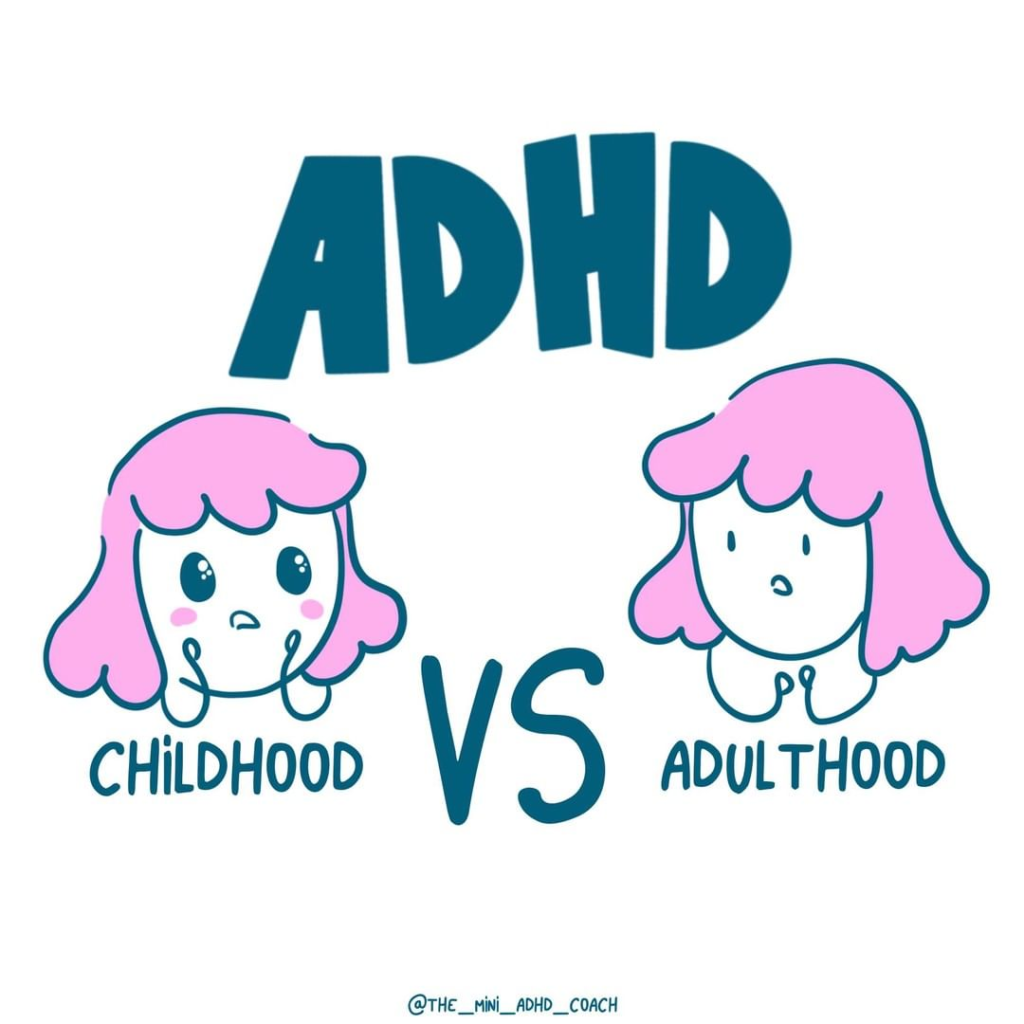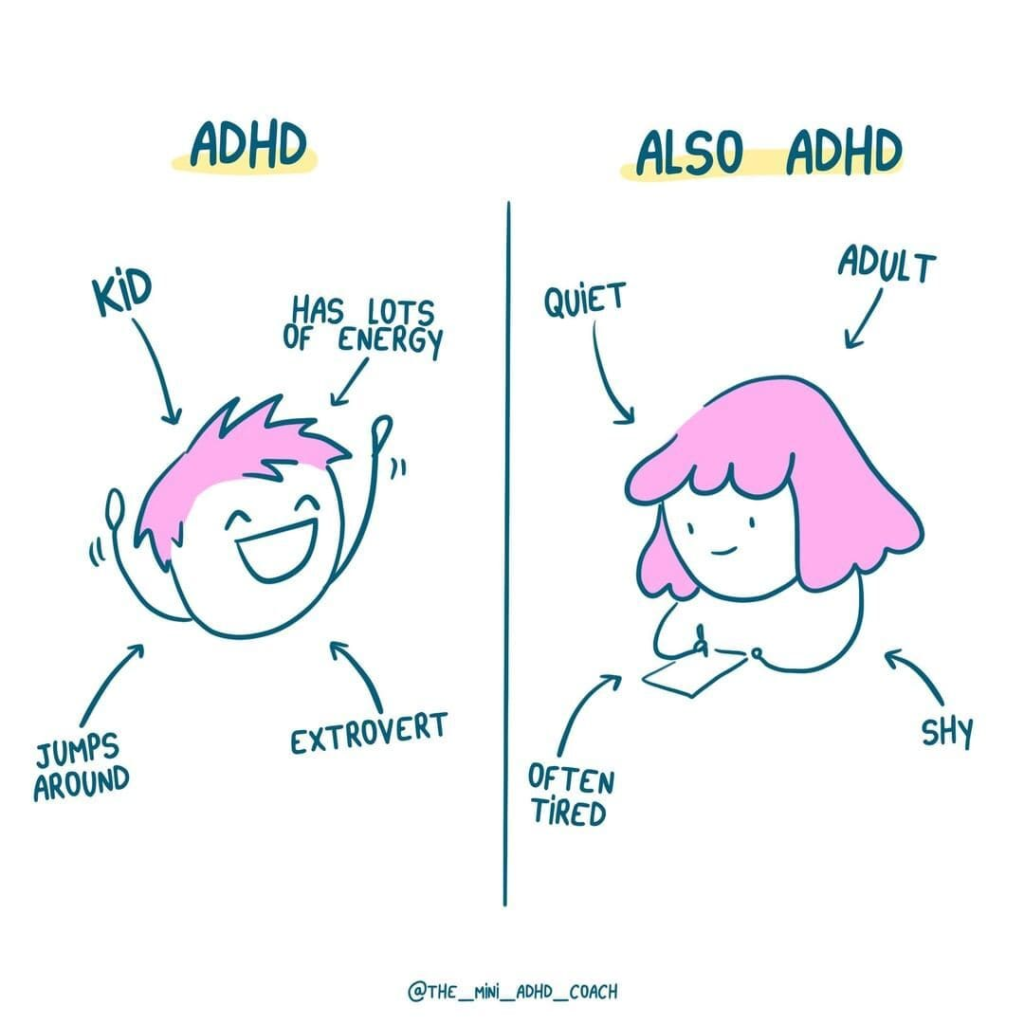Did you Know about Adult ADHD?

I attended a party a couple of weeks back and there was this cheery 40-year-old who was just so fidgety. He was laughing, talking and moving around in his chair. He even mentioned that he is seeing a psychiatrist because he just does not know what is up with him. I suspected that he suffers from Adult Attention-Deficit Hyperactivity Disorder (ADHD) and he just has not been diagnosed.
The common manifestation of ADHD is difficulty paying attention, hyperactivity and impulsive behavior. Adult ADHD can lead to unstable relationships, poor work or school performance, low self-esteem, and other problems.
ADHD starts at childhood and as one progresses to adulthood, hyperactivity may decrease, but struggles with impulsiveness, restlessness and difficulty paying attention may continue.
Why are some people diagnosed early and some not?

Those who are more hyperactive and impulsive may be more likely to get diagnosed in childhood because their behavior was disruptive and interruptive. If one had trouble paying attention but didn’t act out, they may have been more likely to fly under the radar.
Women often don’t find out they’ve got ADHD until college or later. That’s even more likely if one has a higher IQ. In fact, the higher one’s IQ is, the more likely they will get their diagnosis late because they’ll do a good job in masking ADHD. One reason for this is that the “hyperactivity” may be internal or the ADHD symptoms may look “normal.”.
Common ADHD symptoms

Adult ADHD symptoms may include:
• Impulsiveness
• Disorganization and problems getting priorities right
• Poor time management skills
• Problems focusing on a task
• Trouble multitasking
• Excessive activity or restlessness
• Poor planning
• Low frustration tolerance
• Frequent mood swings
• Problems following through and completing tasks
• Hot tempered and always throwing tantrums
• Trouble coping with stress
Who diagnoses ADHD?

There’s no one test for ADHD. Instead, doctors and psychologists gather information on symptoms encountered, when they started, duration of it and their severity. ADHD is diagnosed only when symptoms are severe enough to cause ongoing problems in more than one area of life.
To be diagnosed with ADHD, one needs to have several symptoms, not just one or two. And these symptoms have to affect one’s job, relationships and other important areas of your life.
Diagnosis of ADHD in adults can be difficult because certain symptoms are similar to those caused by other conditions, such as anxiety or mood disorders. Also, many adults with ADHD also have at least one other mental health condition, such as depression or anxiety.
Is ADHD passed down genetically?
ADHD tends to run in families and 75% of the time, the child inherits these genes. In the case of the 40-year-old fidgety gentleman, his son also behaves in a similar manner as him.
In the Future

With the advancement in research and knowledge about ADHD, many therapies have come about. Talk therapy can help one learn strategies to handle what challenges them the most, whether it’s time management, organization, or follow-through. For those whose partner or spouse suffers from ADHD, couple therapy can help both understand how the condition has affected their relationship and ways to work through it together in the future.
Having ADHD and learning how to live with it can be a lifelong experience and process. However, focus on your strengths and address your weakness.
Reference
1. NHS. Attention deficit hyperactivity disorder (ADHD)







